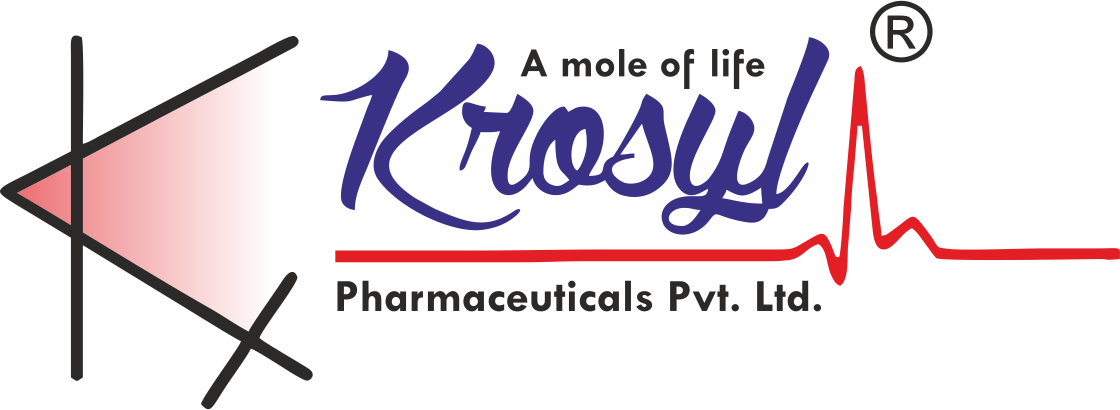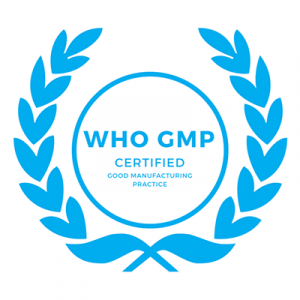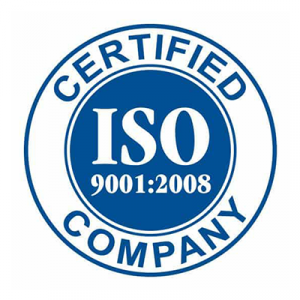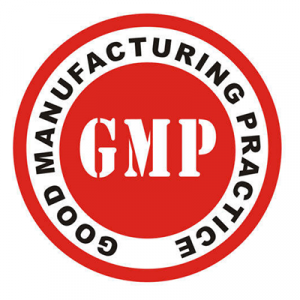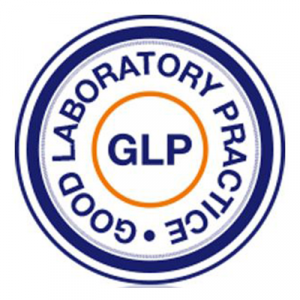The “World Health Organization (WHO)” is a specialized agency of the “United Nations (UN)” that is concerned with international public health. WHO addresses government health policy with two aims:
Firstly, “to address the underlying social & economic determinants of health through policies and programs that enhance health equity and integrate pro-poor, gender-responsive, and human rights-based approaches” and secondly “to promote a healthier environment, intensify primary prevention and influence public policies in all sectors so as to address the root causes of environmental threats to health”.
